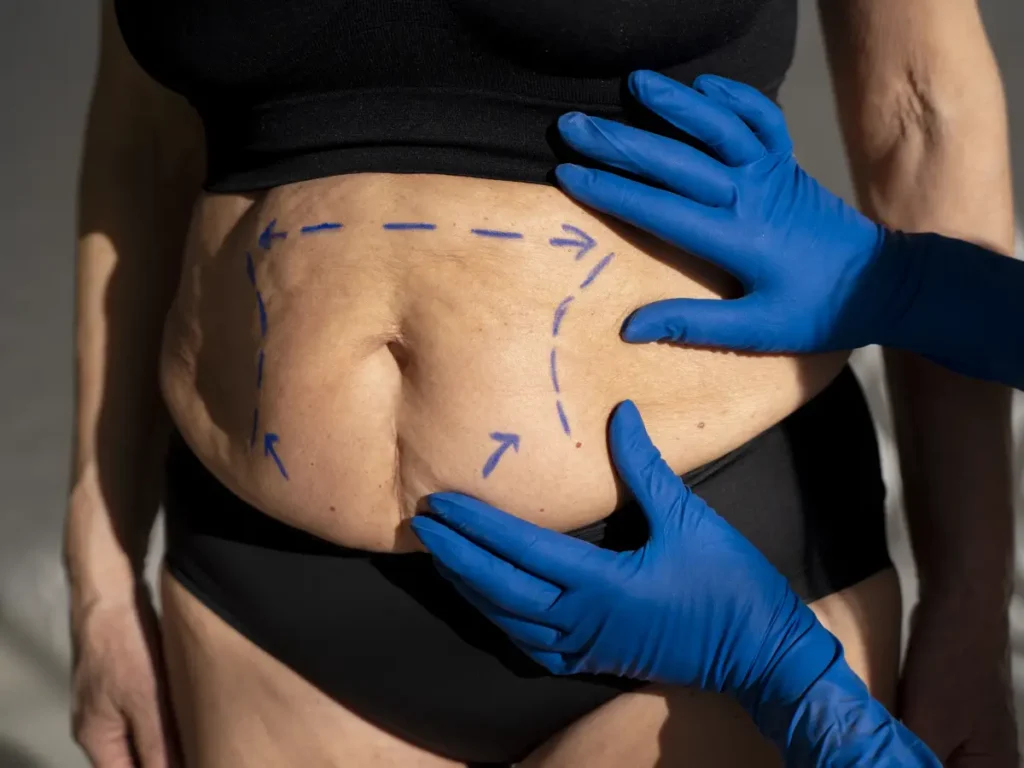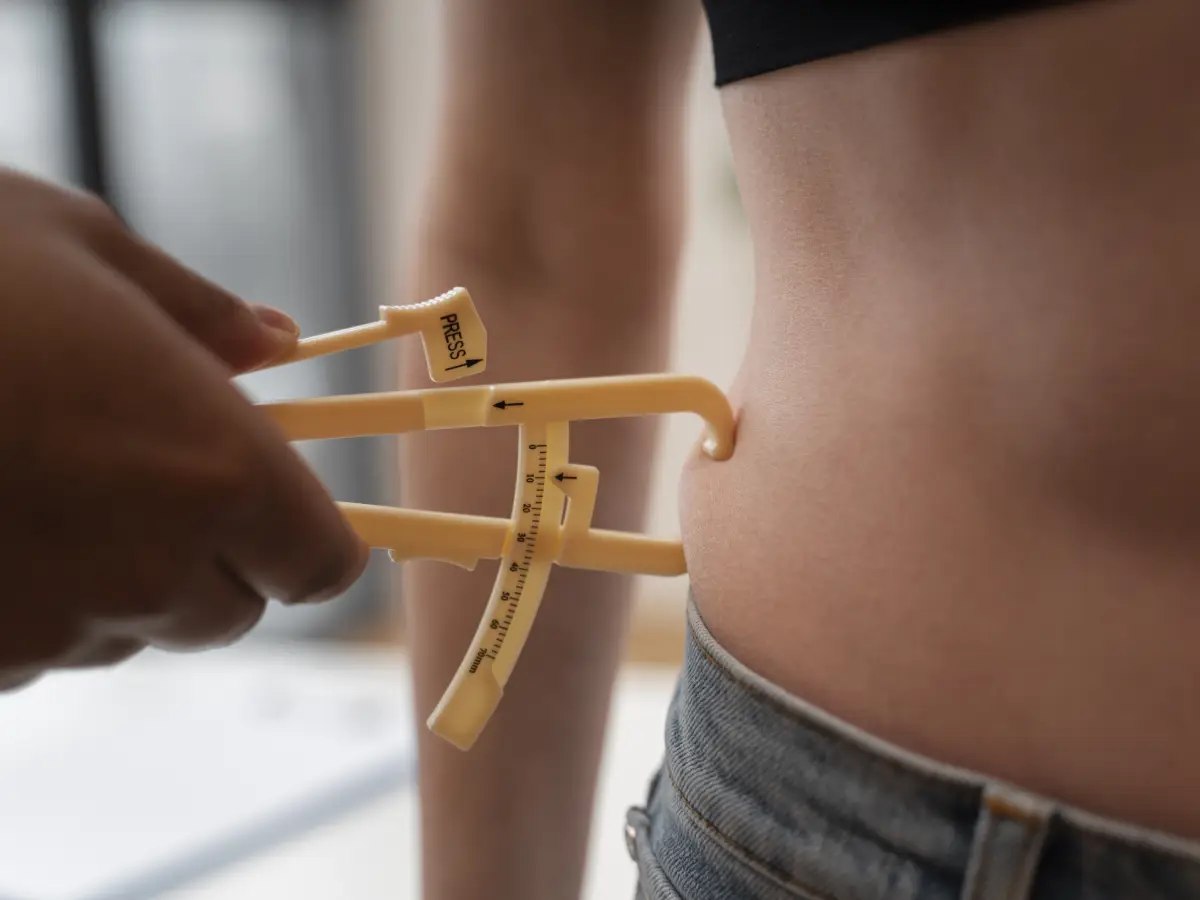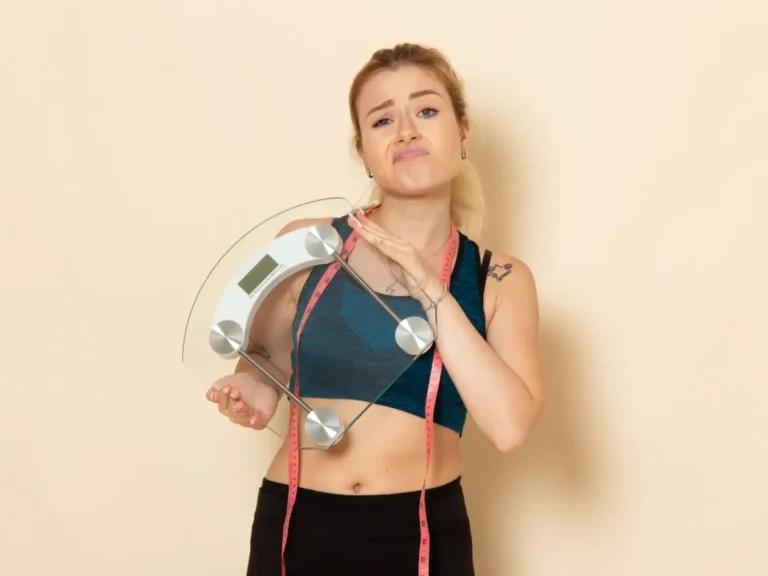Gastric sleeve surgery is a common weight loss procedure. A large portion of the stomach is removed, reducing its capacity and helping patients feel full faster. It is generally successful in helping people reach their goal weight. However, some patients may need a revision procedure at some point.
Therefore, it is important for anyone considering gastric sleeve surgery to be aware of the possibility of needing a revision procedure if weight regain occurs. This may be if the patient is unable to lose weight effectively with the current gastric sleeve and is following a revision diet, or if they have complications of some kind.
You may have many questions about gastric sleeve revision and what it involves. Here is what you need to know about gastric sleeve revision surgeries

What is revision surgery for gastric sleeve
Gastric sleeve revision surgery is a type of bariatric surgery that involves making changes to an existing gastric sleeve to improve results.
It can involve either adding or removing tissue from the stomach, changing the size of an existing pouch, or even performing another type of bariatric procedure such as gastric bypass or duodenal switch. The goal of this type of surgery is to help patients achieve better results in their weight loss efforts and improve their overall health and well-being.
Is it possible to tighten a gastric sleeve after initial surgery?
Yes, gastric sleeve surgery can be revisited, giving patients a second chance at losing weight and improving their health. If you experience weight regain or complications after gastric sleeve surgery, gastric sleeve revision surgery can help you get back on track. You must meet certain requirements to be eligible, and there are minimally invasive options available for those who qualify.
Gastric Sleeve Revision Requirements
Patients must meet certain requirements for gastric sleeve revision to ensure the procedure is safe and effective. Here’s what they typically include:
- At least one year must have passed since the initial surgery to allow enough time to see results.
- If your initial weight loss was insufficient, or you initially lost weight but then regained it.
- If you have a BMI of 40 or higher or 35 with a medical condition associated with obesity.
- No severe acid reflux or gastroesophageal reflux disease.
Success rates of converting gastric sleeve to duodenal switch
Medconsulto has a superior success rate, ensuring guaranteed results. The success of gastric sleeve surgery depends on factors such as your health, the reason for the revision, and the surgeon’s experience.
Typically, success rates range between 60% and 80%, resulting in significant weight loss and improved health for most patients. It is crucial to consult a skilled and certified bariatric surgeon so that he can understand your circumstances and explain the potential results and risks of the procedure.
Indications for revision surgery after gastric sleeve
If weight regain or complications after gastric sleeve surgery are preventing you from achieving your weight loss goals, you’re not alone. Here are some of the most common signs that patients consider gastric sleeve surgery:
Weight loss regain
Some patients experience insufficient weight loss, stoppage of weight loss, or regained weight after gastric sleeve surgery. This can happen for a number of reasons, including that the stomach stretches over time due to overeating.
Correcting complications after surgery
In some cases, complications after gastric sleeve surgery can cause discomfort or interfere with successful weight loss. Revision procedures may be needed to address these issues and get you back on track.
Managing weight regain after sleeve gastrectomy
Weight regain after surgery is common. Some studies suggest that up to 76% of people experience weight regain within six years. But it’s not inevitable. Here are some tips to help:

Eat a healthy diet after surgery
Gastric sleeve surgery can be a big change for people who are obese. But as you probably already know, it’s not a magic bullet. Developing long-term healthy habits is important. After surgery, you must commit to eating well to maintain a healthy and ideal weight.
Follow your recommended eating plan carefully to ensure you get adequate nutrition and maintain muscle mass. Choose whole foods over processed foods. Limit your sugar intake. And avoid snacking or overeating. They keep you from feeling full, and you’ll just pile on the extra calories.
Exercise regularly
Exercise is crucial to a healthy lifestyle after gastric sleeve surgery. It can help you maintain your muscle mass, keep hunger at bay, reduce stress, and more. Set yourself up for success by choosing exercises that fit your life, rather than trying to plan your life around your workouts.
Take care of your emotional health
When you lose confidence in yourself and your ability to overcome obesity, it becomes difficult to keep up with the habits that are important for managing your condition. When you gain weight, you blame yourself. When you start blaming yourself, you seek comfort in food and lose motivation to exercise, and so the cycle continues.
Comparing outcomes: gastric sleeve revision vs. gastric bypass
After a patient initially undergoes gastric sleeve surgery, the stomach may stretch or become enlarged, leading to weight regain.
Instead of creating a smaller stomach sleeve, surgeons usually convert the gastric sleeve to a gastric bypass or duodenal switch. Converting to a gastric bypass is also an effective treatment for managing symptoms of gastroesophageal reflux that may arise as a result of gastric sleeve surgery.
You should work with your doctor to choose the best weight loss procedure for you.
- Gastric bypass patients lose 50 to 80 percent of their excess body weight in 12 to 18 months on average.
- Gastric sleeve patients lose 60 to 70 percent of their excess body weight in 12 to 18 months on average.
- Gastric bypass surgery is generally recommended for patients who are morbidly obese with a BMI over 45.
We understand how difficult this process can be and want our patients to feel comfortable knowing they are in good hands every step of the way.

If you are considering gastric sleeve surgery or have questions about any other type of bariatric surgery, please contact Medconsulto today for more information or to schedule an appointment with one of our experienced surgeons. We always look forward to helping you achieve your health goals safely and most effectively!







